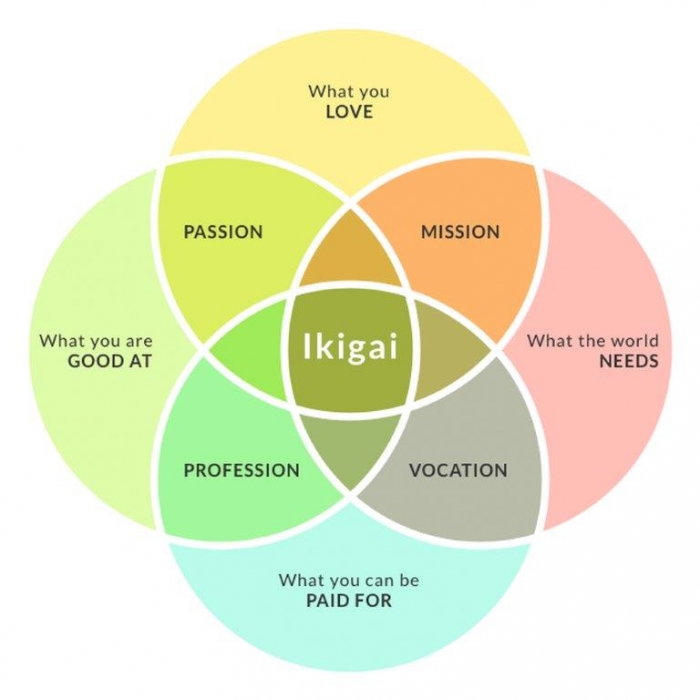Careers Interviews For Year 10 Pupils
Year 10 careers interviews will start at the beginning of March. These interviews are a great first step into individual careers planning, and Y10 pupils will be allowed time out of lessons to attend with the careers team. It’s always a bit nerve wracking knowing what it will be like and what is expected, so here’s just a brief outline of what to expect on the day and how they (and you) can prepare.
Pupils will be notified via their tutor in the Pupil Briefing about their careers interview. Parents are not expected to attend the first session, although they are welcome to attend second and third careers interviews should they wish to do so. In the interview, the pupils will be asked about their hobbies, in and out of school, to reflect on the decisions they have already made, such as Y9 options decisions, and of course if there are any careers ideas they would like to explore. The pupils are not expected to come with fully formed ideas or plans at this stage. We can look into any careers ideas, but also, the interview process is designed to inspire them to be aspirational.
Pupils will be introduced to a range of ways they could use their unique skills in the workplace in the UK and abroad, and shown how to start matching themselves to jobs. The careers team work on a natural fit for careers selection, with the student using their preferred skills to form a satisfying and interesting career journey. We will ask them to consider scenarios and give us their thoughts.
Did someone say homework?
If pupils wish to prepare for the interviews, the most useful thing is to start with an analysis of themselves. What are they good at? What do they enjoy? What can’t they stop doing? (I became a careers adviser because I’m nosey and like asking questions which got me into trouble in school). All these elements give the careers team a great sense of a pupil's personality which is a core element of being able to create, manage and sustain a great career. And parents, I have some homework for you too. You can help your young people by helping them identify and verbalise their unique skills and identify times that they have been totally engrossed in a task. These are all great clues to what will make a career that looks and feels like success. The other element parents can assist with is helping the young people verbalise what their own values are? What do they particularly care about and what makes them angry? Again, great clues for careers areas to start exploring.
To assist with this process each Year 10 pupil has access to our Unifrog Careers Platform. The “interests” and also “personality profile” quizzes in Unifrog can be taken every six months in acknowledgement of the flurry of changes the young people experience in their ideas at this time. Careers ideas will change rapidly but Unifrog can be used to find impartial careers information in the “careers library” to help those who want to see if they like the sound of specific job roles.
The last element that parents can help the pupils with is to share their own career timelines. Having a great match to a career takes work and research over a lifetime, and changes as we do, so ideas identified now morph and grow and not everyone can choose a career on demand. Career choice and satisfaction take development of self and the exploration of new environments outside the young people (which Covid has severely limited). If I told you chocolate cake was disgusting but never let you try it you would never know what you thought about it and so could never make a well informed, realistic decision. So, whether your children get to the end of Year 11 with just subjects they know they find fascinating and really want to follow, or whether they have a ten year plan (those pupils really do exist) we will support them (and you) along the way.
Kerry Low
Careers Advisor





